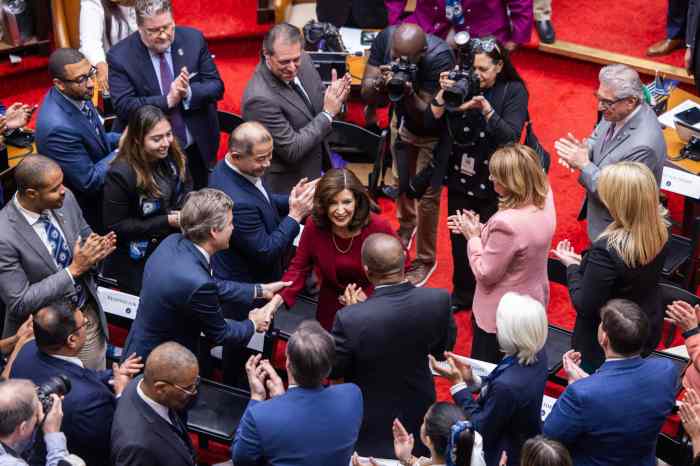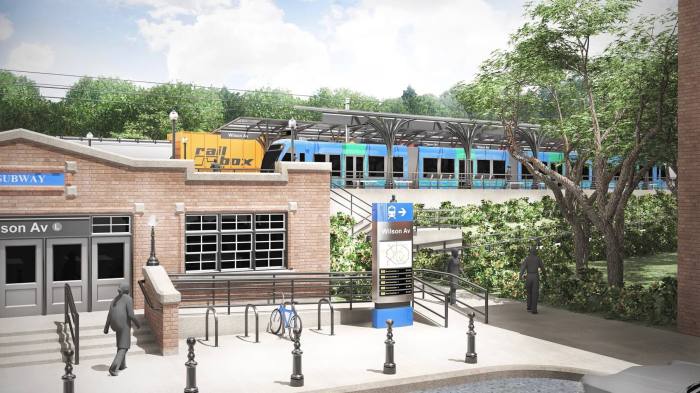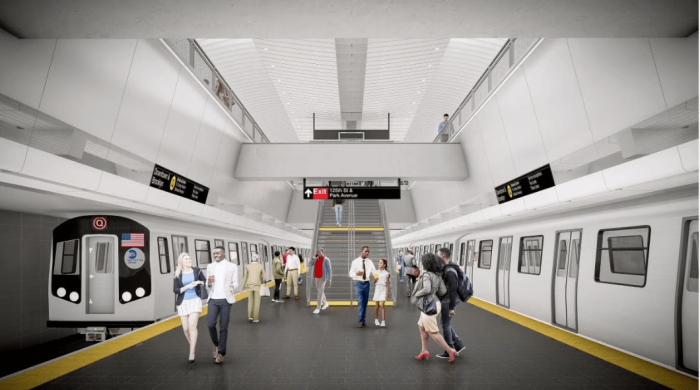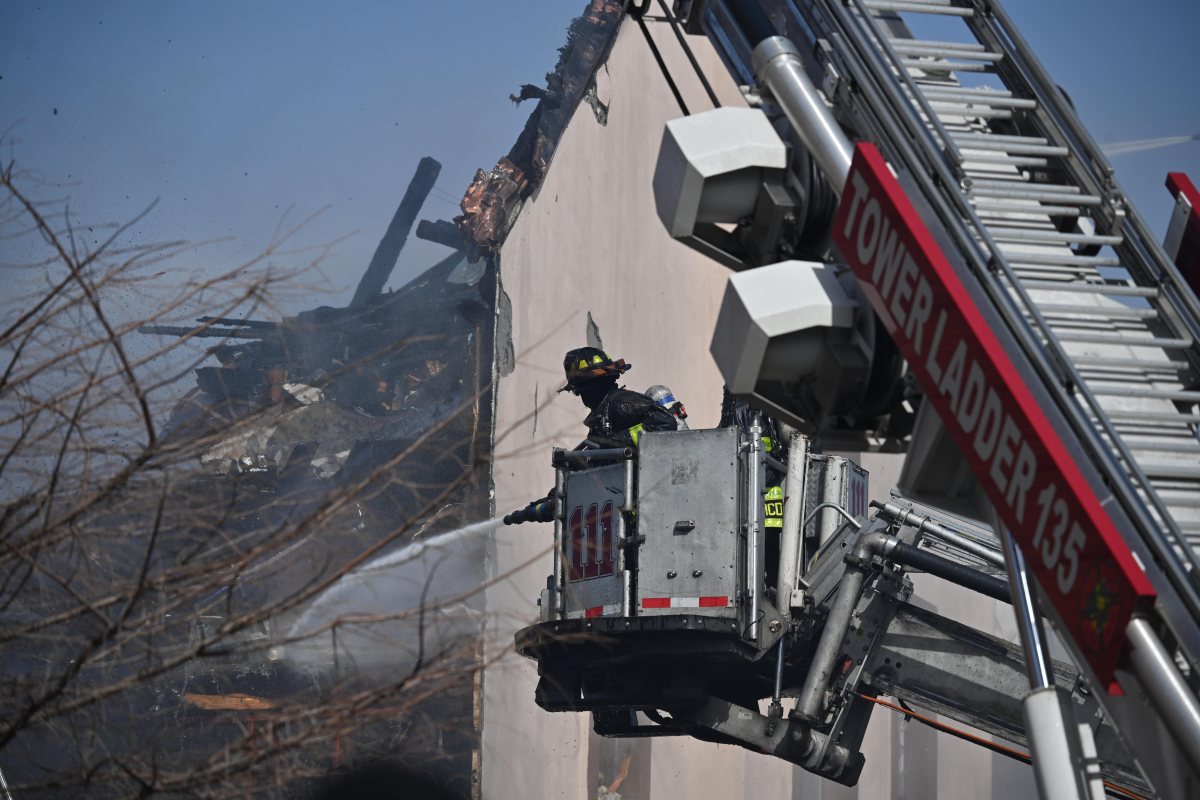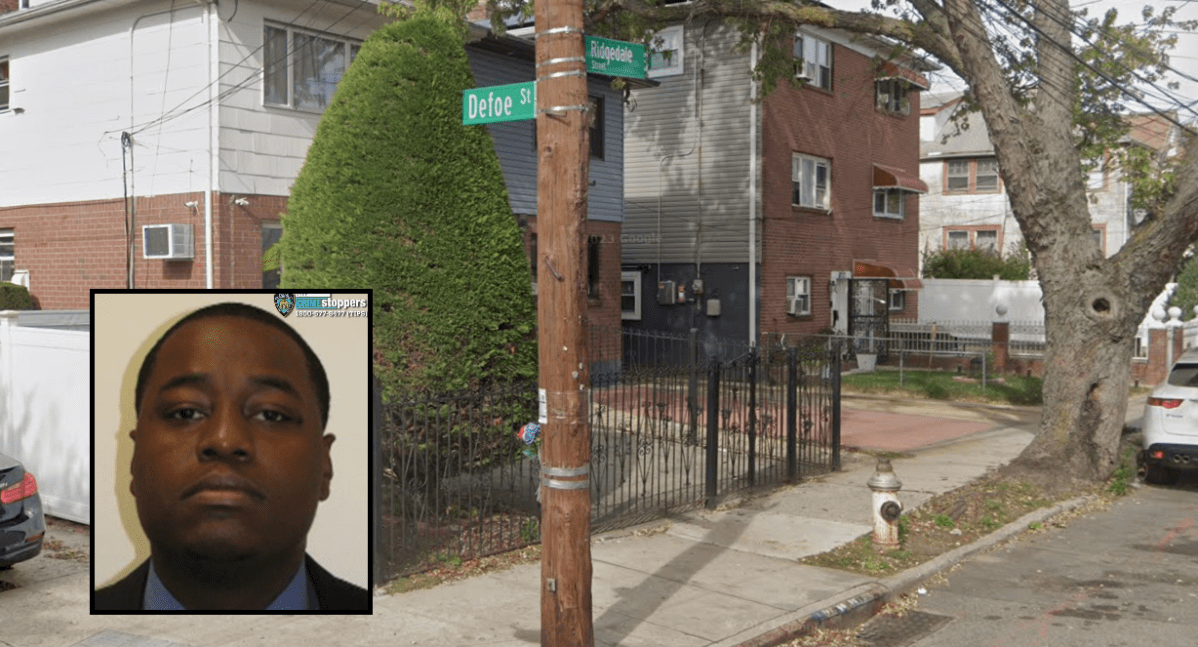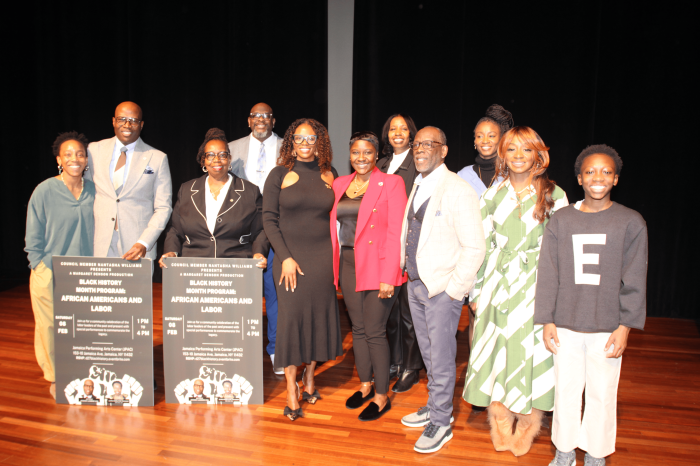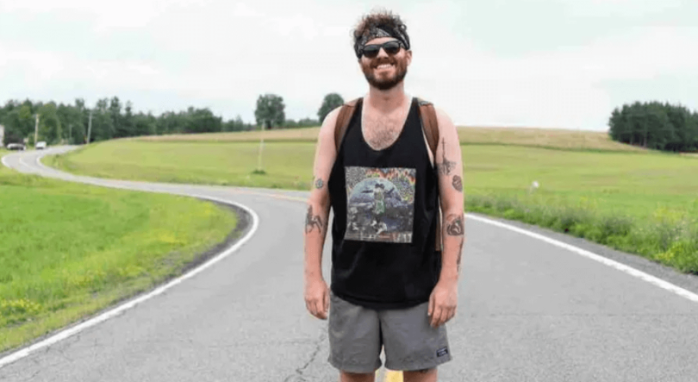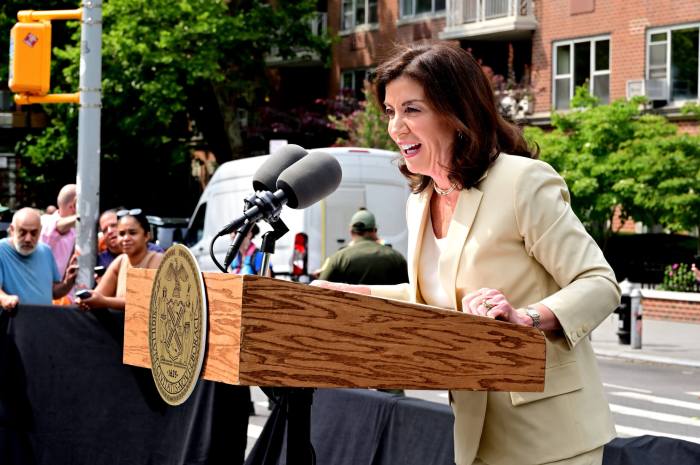In her fourth State of the State address on Tuesday, Gov. Kathy Hochul pledged to address New Yorkers’ growing concerns over the state’s skyrocketing cost of living and high-profile crimes as a likely tough re-election fight in 2026 looms on the horizon.
Hochul’s roughly hour-long speech, which she delivered at Albany’s Hart Theatre on Jan. 14, appeared, in part, to react to President-elect Donald Trump’s significant gains in the Empire State during last year’s election. While Trump still lost by a healthy margin in November, many voters defected to him, citing challenges like the high cost of everyday items and concerns over New York becoming less safe as the central reasons.
It also appeared to be Hochul’s response to her potential reelection opponents, including US Reps. Ritchie Torres (D-Bronx) and Mike Lawler (R-Hudson Valley), who have already begun attacking her record on both fronts.
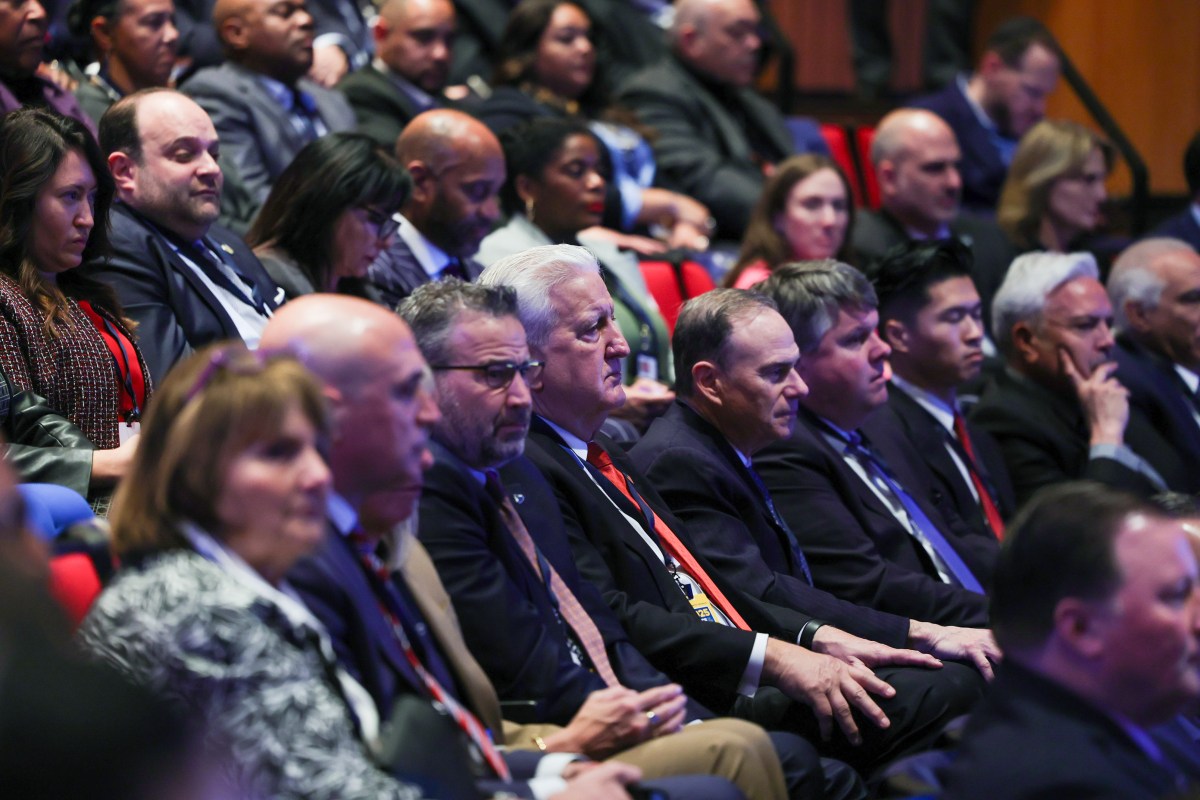
The governor, sounding very much like Mayor Eric Adams in his State of the City speech last week, said she is going into 2025 with a focus on making New York livable for families.
“Our future depends on the ability of every family to afford the essentials of life and our ability to protect the safety and security of our residents,” Hochul said. “But we will not achieve these goals without a fight. So my commitment to every New Yorker is this: Your family is my fight. That has been the inspiration and impetus for everything we have done for the last three years.”
To achieve that goal, Hochul rolled out affordability proposals such as lowering taxes for the middle class, making school meals free to all New York state students, and funding free associate degree programs for students pursuing degrees in certain “high-demand” fields.
When it comes to public safety, Hochul proposed making it easier to involuntarily hospitalize severely mentally ill individuals, putting a cop on every New York City subway car overnight, and tweaking the state’s pretrial discovery laws.
Affordability
Hochul’s marquee proposal to address the state’s high cost of living is a tax cut for the middle class.
The governor proposed cutting income taxes by a collective $1 billion for 8.3 million tax filers making up to $323,000 annually. She said that once the tax cut is fully phased in, 77% of New Yorkers will save hundreds of dollars in income tax payments.
If passed by the state legislature this year, the reduction would apply in the current tax year, according to the governor’s office.
“The tax cut I propose today and will fight for in the coming months will deliver the lowest tax rates in 70 years,” Hochul said. “By itself, it’s a monumental win for New Yorkers in the battle for affordability, but that’s just the start.”
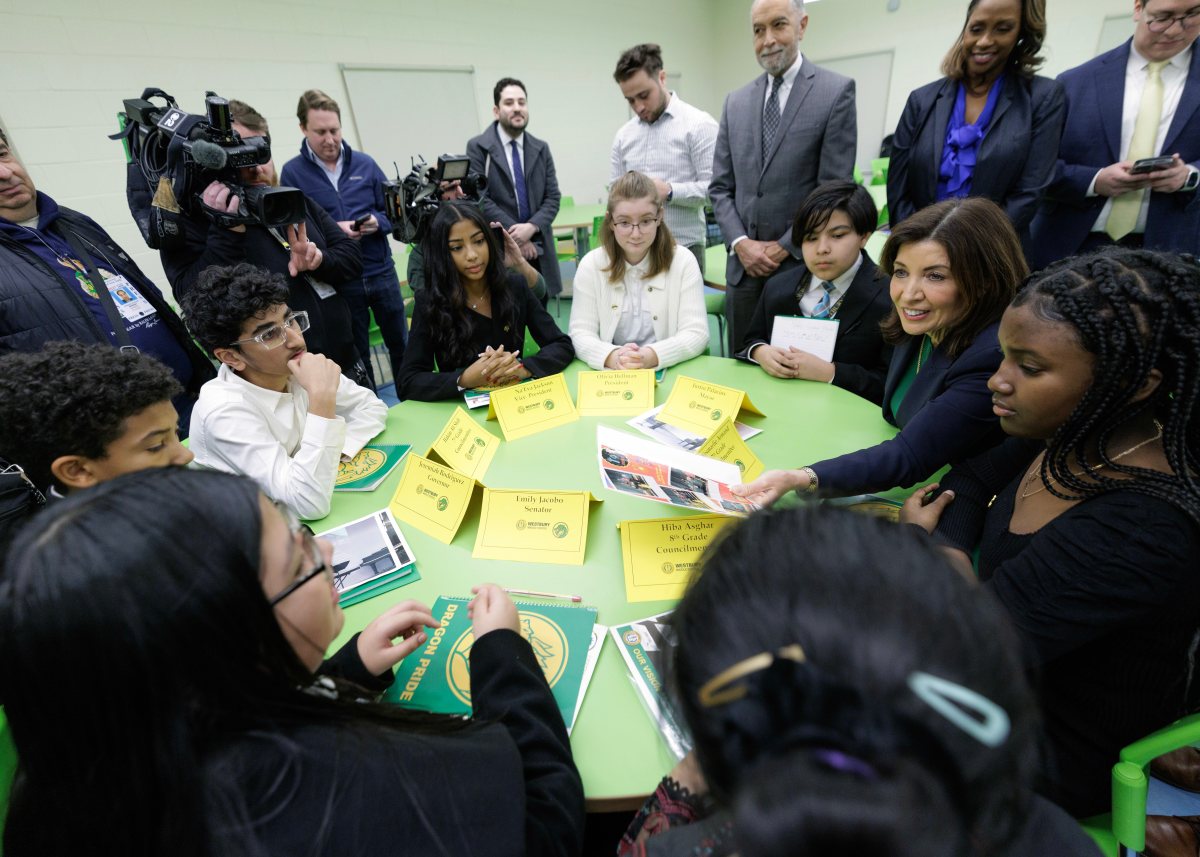
Additionally, the governor proposed making public school breakfasts and lunches free for all students at schools across the state. The program would save New York families an average of $165 on their grocery bills a month, according to Hochul’s office.
The governor also unveiled a measure to make State University of New York and City University of New York programs free for those between ages 25 and 55 pursuing associates degrees in “high demand” fields. The subject areas include nursing, technology, and engineering.
Hochul also mentioned previously announced affordability proposals like giving New Yorkers one-time stimulus checks up to $500 and expnading the state’s family tax credit to as much as $1,000 per child for families under four.
Still, as Jasmine Gripper and Ana Maria Archila, the co-executive directors of the New York Working Families Party, see it, Hochul’s proposals for making New York more affordable do not go far enough. Specifically, they said her middle-class tax cut would not be effective without simultaneously raising taxes on the ultra-wealthy.
“Proposed tax cuts on low and middle-income households, without raising new revenue, are not sustainable and could lead to cuts in services and programs,” they said. “The good news is that we know exactly how to pay for these meaningful investments — it’s past time to raise taxes on the ultra rich in order to invest in working families.”
Public Safety
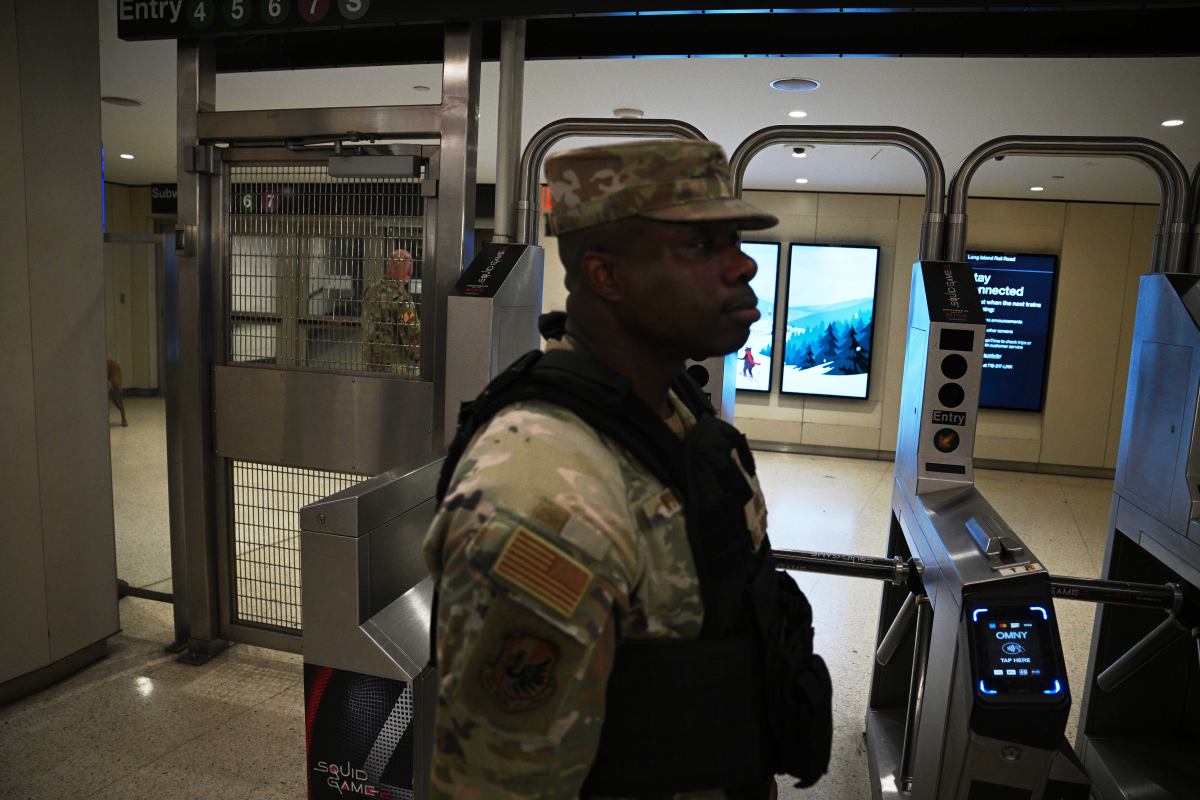
The governor also devoted a large swath of her speech to plans aimed at assuaging New York City residents’ concerns about violent crimes on the city’s streets and subways.
Given that those with severe mental illness commit many violent incidents on the city’s subways, Hochul said she wants to work with the state legislature to expand the criteria for involuntary hospitalizations. In effect, Hochul endorsed expanding involuntary removals from those who pose an imminent danger to themselves or others to also include those who are unable to tend to basic needs like feeding and sheltering themselves.
“Critics will say this criminalizes poverty or homelessness, I say that is flat out wrong,” the governor said. “There’s nothing compassionate about letting people suffer without treatment on the streets, and there’s nothing compassionate about letting people put themselves or others at risk.”
The governor’s commitment appeared to be a direct answer to Mayor Eric Adams’ very public calls since late 2022 for the state to expand involuntary hospitalizations.
“Our administration has publicly called for and urged the state to take action that will make it easier for the city to help those suffering from severe mental illness — even in cases when an individual does not recognize that they need assistance — and we are encouraged that the governor was vocal in her support for these measures in her address today,” Adams said in a statement.
Furthermore, Hochul pledged to work with Adams to place a police officer on every city subway car between 9 p.m. and 5 a.m. for the next six months. She said the MTA will also install LED lighting in all subway stations and add platform edge barriers to an additional 100 by the end of the year.
But the group Communities United for Police Reform, in a statement, argued that Hochul’s plans will only serve to criminalize mental illness without addressing the issue’s root causes.
“These removals disproportionately impact communities of color – especially Black people – and do not address the root causes of why so many New Yorkers struggle with their mental health and cannot access healthcare services,” the group said. “Expanding involuntary removals further criminalizes people who are unhoused and those living with mental health complexities. Once again, flooding more officers into the subways will only compound this.”
Read More: https://www.amny.com/politics/





